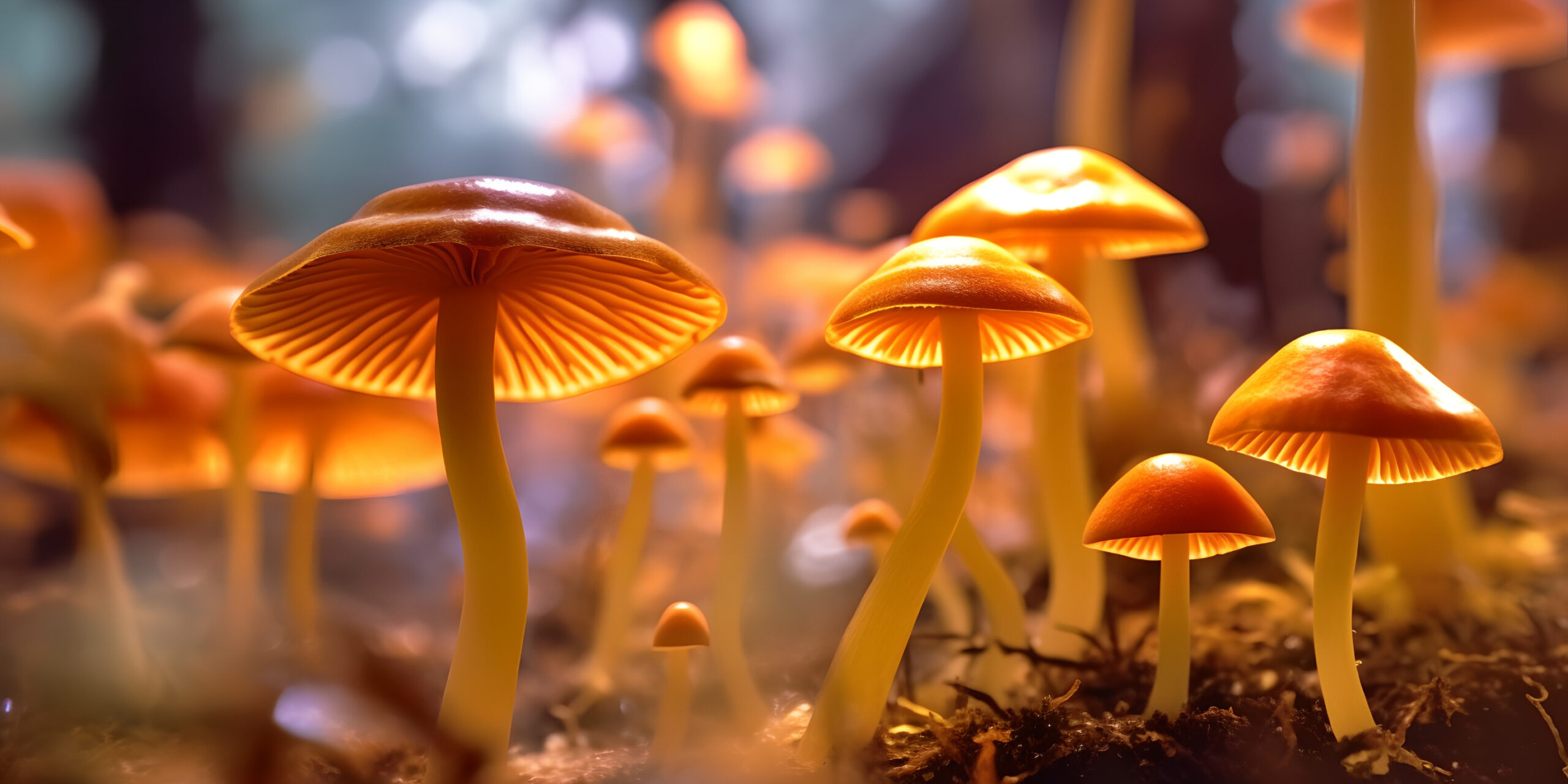Mushroom spores might not be the most glamorous aspect of gardening or eco-conservation, but they play a vital role in the health of our ecosystems. Spores are the precursor to mushrooms, which in turn play an important role in breaking down organic material and returning nutrients to the soil. Mushroom spores are also crucial for soil remediation and nurturing new ecosystems.
Mushroom spores have many vital functions in ecosystems. Apart from producing mushrooms, spores are a critical component in building healthy soil. Mushroom mycelium, which forms from spores, helps break down organic matter in the soil, such as dead trees and animal carcasses. This process helps return vital nutrients to the soil, which are crucial for the growth of healthy plants. In addition, these nutrients help support diverse ecosystems of fungi, plants, and animals, creating a healthy and balanced environment essential for sustainable living.
Mushroom spores also play an important role in soil remediation, acting as bio-remediators to break down environmental pollutants. From oil spills to pesticides, mushrooms have been used to clean up contaminated land. The unique properties of mushrooms allow them to break down and absorbed toxins, reducing their impact on the environment. Mushroom spores have even been used to restore ecosystems destroyed by natural or human-made disasters. By introducing mycelium and mushroom spores in devastated areas, new ecosystems can be established and begin thriving again.
Cultivating mushroom spores is an eco-friendly activity that can help build bridges toward a healthier ecosystem. Mushroom spores thrive in a variety of growing conditions, and gardeners can easily harvest spores for personal use. For example, they can grow mushrooms from spores indoors or outdoors and use the harvested crop not only for food but also for eco-health purposes. Cultivating mushroom spores is also an excellent way to teach children about the importance of protecting the environment in a practical and fun way.

Mushroom spores are available at dependable distributors like Mush Love Genetics in a variety of strains and types that perform specific functions in ecosystems. Gardeners can choose different types of spores based on specific environmental concerns or desired outcomes. For example, some spores improve soil quality, while others remediate specific toxins, like heavy metals. In addition, mushroom spores can be combined with other eco-techniques like composting or vermiculture to create a potent eco-growing system.
Mushroom spores play a vital role in building a healthier ecosystem. From breaking down organic matter and returning essential nutrients to the soil to acting as bio-remediators, mushroom spores are a critical component in building thriving ecosystems. Cultivating mushroom spores is a fun, eco-friendly activity that can help build bridges toward sustainable living. Whether you are a gardener or an eco-conscious individual, mushroom spores are an excellent tool for building a better environment. By understanding the vital role of mushroom spores in ecosystems, we can begin working towards a more sustainable and healthy planet.



